Search
Search Results
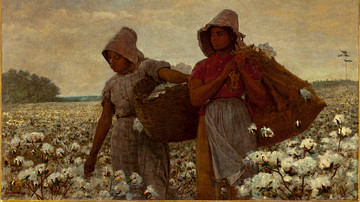
Article
Slavery in Colonial America
Slavery in Colonial America, defined as white English settlers enslaving Africans, began in 1640 in the Jamestown Colony of Virginia but had already been embraced as policy prior to that date with the enslavement and deportation of Native...
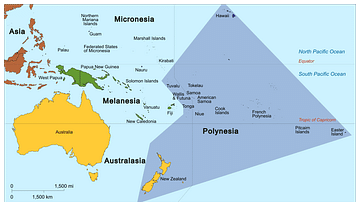
Image
Map of Polynesia
Map showing the Polynesian Triangle and some of its islands.
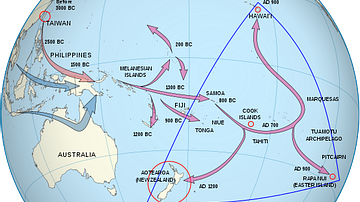
Image
Polynesian Migration Map
Map showing the migration of Polynesians who it is thought were originally from Taiwan. They settled in the Polynesian Triangle that encompasses New Zealand, Hawaii and Easter Island as its corners. The Polynesians left Taiwan somewhere between...
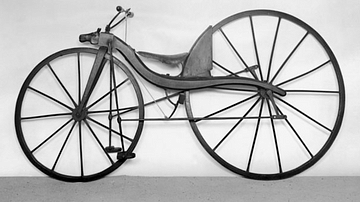
Image
Early Pedal Bycycle
A model of the pedal bicycle invented by the Scottish blacksmith Kirkpatrick Macmillan (1812-1878) in 1839. There had been earlier two-wheeled vehicles, but these were not powered by turning the pedals with one's feet. Macmillan's bicycle...
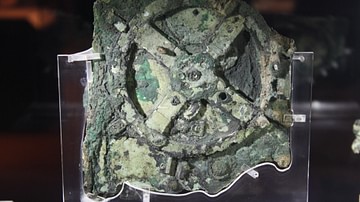
Definition
Science
The term science comes from the Latin word scientia, meaning “knowledge”. It can be defined as a systematic attempt to discover, by means of observation and reasoning, particular facts about the world, and to establish laws connecting...

Definition
John Alden
John Alden (l. c. 1598-1687 CE) was a member of the crew of the Mayflower, serving as the ship's cooper (barrel maker), on the historic voyage of 1620 CE which established the Plymouth Colony in Massachusetts, North America. Although he was...
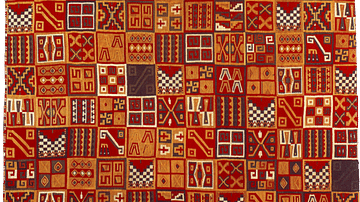
Definition
Inca Art
The art of the Inca civilization of Peru (c. 1425-1532 CE) produced some of the finest works ever crafted in the ancient Americas. Inca art is best seen in highly polished metalwork, ceramics, and, above all, textiles, which was considered...
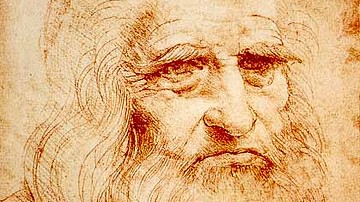
Definition
Leonardo da Vinci
Leonardo da Vinci (1452-1519) was an Italian Renaissance artist, architect, engineer, and scientist. He is renowned for his ability to observe and capture nature, scientific phenomena, and human emotions in all media. Leonardo’s innovative...
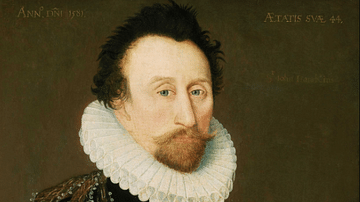
Definition
John Hawkins
Sir John Hawkins (1532-1595 CE) was an Elizabethan mariner, merchant and naval administrator who has the inglorious (if not wholly accurate) record of being England's first slave trader. In the 1560s CE Hawkins trafficked slaves from West...
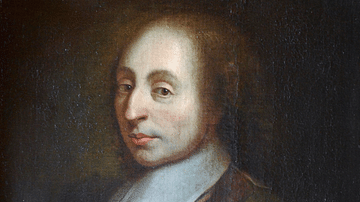
Definition
Blaise Pascal
Blaise Pascal (1623-1662) was a French scientist, mathematician, and philosopher whose work influenced both the Scientific Revolution and later European thought. Pascal is known for his practical achievements in science, such as a calculating...